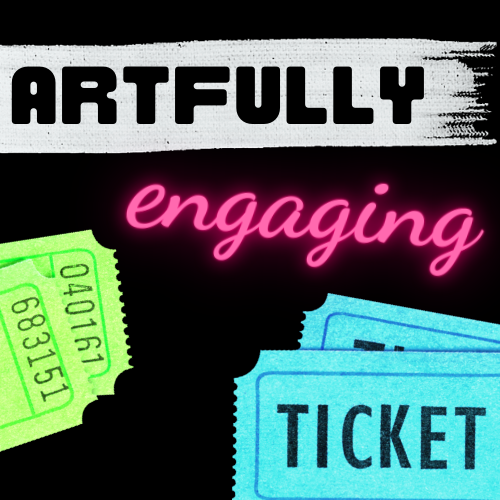In the following Artfully Engaging interviews we explore two shows: Stranger and First Year Queer. Both of these shows are presented by Twin Cities artists who are first time Fringe producers who created a work they thought was missing from the Twin Cities theater landscape. Erika Levy and Morgan Holmes of Perspective Theater Company's Stranger, give you an inside look at the intersection of race and faith through the stories of Jews of Color. Lyssa Sparrow of Sparrow Productions shares the genesis of First Year Queer and how collaborations with artists and local arts groups has helped shape her interests to destigmatize topics around sexuality and to talk openly about mental health.
Q&A with Morgan Holmes and Erika Levy of "Stranger"
|
Morgan, Erika and I are all colleagues at the Guthrie Theater. I was so excited when I heard about their Fringe collaboration that I wanted to bring information about the production to my blog readers. Morgan and Erika share their growth into roles as producers, the inspiration and research that brought the show to the stage, and tips for first time Fringe producers. Enjoy!
How do you identify (as an artist)? Morgan: I have worked in performing arts administration, production and education as far back as college, but I just realized after starting my Artistic Assistant job at the Guthrie that many of the things I enjoy about those positions fall under producing. So now I aspirationally identify as a producer. I also enjoy writing and directing. |
Where did you develop the idea for Stranger?
Morgan: It started with Leah Donnella's article ("Black, Jewish and avoiding the synagogue on Yom Kippur"). Erika and I both saw things in the article we could identify with and we wanted to find more stories like Leah's. Many Jewish news outlets were interested in how Jewishness intersected with the Movement for Black Lives and racial justice, which brought JOC voices to the forefront locally, like panels at synagogues, and nationally, like the Jews of Color Convening. So it came out of the community and we just had our ear to the ground. Then out of our interviews, we thought the themes that emerged aligned with themes in the story of Moses in Exodus. It was nice to have a narrative that was accessible to people of different faiths and cultures that we could play with and shake up.
Erika: I have been involved in the Twin Cities Jewish community since I moved to Minnesota in 2013, and wanted to see more productions exploring religious identity in the cities. Morgan and I came across Leah Donnella's piece in NPR, where she discusses going to her synagogue during the High Holy Days as a black, Jewish woman. We went more in-depth, interviewing her and folks around the Twin Cities, watching documentaries and wanted to bring those stories to the stage.
This is your first time producing a show at the Minnesota Fringe Festival. What surprised you about this process? Do you have any advice for first-time producers?
Morgan: I have done Fringe before as a volunteer and a stage manager, so I knew what to expect. But tech was still a challenge. I really benefit from time to process what I see and build relationships with people, so to go in and try to communicate a vision to someone I've just met in three hours, woof. I highly recommend lots of prep to decide what is most critical to communicating your vision before tech, a water bottle (my nerves dried me out!) and a general attitude of "it's just a play," so you can let things roll off your back.
Erika: The main surprise for me was discovering how close-knit the Fringe community is. I've found out about so many connections I have with other folks in the theater by way of knowing someone else. Its really exciting to see how the community loves and supports each other. My advice for first time producers would be to start as early as you can with conceptualizing your piece. Fringe has struck me as "theater bootcamp" for first time producers and I am so glad that we had such a clear vision and blueprint early on, otherwise it would have been much harder to catch up when the festival came around. Another piece of advice I have is to establish a mission for your new company that you can build on, one predicated on respect for your team of artists and one open to new ideas.
Can you tell us about the research and interviews that you conducted to develop your show?
Morgan: We prepped some questions that we thought would get to the heart of some topics we were interested in exploring: race, faith, family, inheritance and legacy. We reached out to people who are popular in the blogosphere of Jews of Color and a local coalition. We read a lot of personal stories, watched documentaries and researched Jewish ancestry in international cultures, particularly Latin America.
Erika: We reached out to Jews of Color both locally and nationally and asked them a range of questions, from early childhood memories, how they create space in their communities, and how their faith has changed over time. Media can often portray religion as a monolith, but the importance of individual interviews illuminates just how understanding of faith varies from person to person. We used each story not to create an autobiographical piece, but rather to build a narrative of a life based around different experiences at different points in time.
Where do you find inspiration for your creative work?
Morgan: Many things in Stranger are grounded in Jewish rites and rituals, like blessings that are said over children, prayers that are said in remembrance of the dead, parts of the Torah. I was also very inspired by the sermons of Rabbi Sharon Brous, who talks about this concept of mightiness (TEDTalk: "It's time to reclaim religion"). I listed to her a lot when thinking about how to end the show. I studied performance theory around faith and rituals in college and I think theater is a great lab to study those performative practices in.
Erika: I am inspired by people living their lives unapologetically, even when society tries to knock them down and tell them otherwise. At its core, Stranger is a piece about finding truth for yourself regardless of what the world thinks of you, and digging deep to find inner strength to go on with life despite the obstacles. I think people find ways to do this all the time, and our show happens to represent this with a relationship to faith, identity and ancestry.
If you could describe this show in three words, what would they be?
Morgan: Mightiness, messiness, joy.
Erika: Joyful, emotional, epic.
What other Fringe shows are you excited to see?
Morgan: My friend/fellow Carleton alumna Rachel Teagle is the writer/performer of Queen of Delicious Animals. I love Rachel's very playful writing.
Erika: One of my work colleagues Gina Musto is producing a comedy entitled Buffy the Bedbug Slayer, which will play at Theatre in the Round. We both had a terrible experience with a management company over a bed bug infestation, and I think the play is a wonderful way to call out these companies for some very unethical practices!
Morgan: The ability to not only amplify a story that is out in the world, but to incubate and create a story that wasn't there before. I think it's a pretty powerful medium for changing/advancing perceptions of humanity.
Erika: The power of the art being live and the vulnerability that comes with that.
Is there anything else you wanted to share about Stranger?
Morgan: One thing Erika and I decided was important was not to provide a glossary to the Jewish rites, or translate all the Hebrew, Yiddish and Portugese language. I think that leaves some work for the audience who is not familiar to take on if they'd like, and also validates that Jewish practices and culture for many people in different communities in the Twin Cities and nationally are mainstream.
Erika: One of the aspects I love most about this piece is how it connects the characters to their ancestors, and the strength the audience can draw from this when thinking about their own family tree.
See the show at U of M Rarig Center Arena as part of the Fringe Festival!
Thu, 8/3 @ 7:00pm
Sat, 8/5 @ 8:30pm
Mon, 8/7 @ 5:30pm
Fri, 8/11 @ 10:00pm
Sat, 8/12 @ 1:00pm
Q&A with Lyssa Sparrow of "First Year Queer"
What inspired you to create a Fringe show?
Lyssa: It’s been a goal of mine to have a solo show in the fringe for the past 5 years. I went to school for theater performance and during my senior year I realized solo shows were what I felt most connected so for my senior showcase I created my own and I’ve been chasing that high ever since. I originally pitched First Year Queer for Q stage with 20% but it wasn't selected, yet I was still in love with the show I thought up so I started looking for other ways I could get it out there and decided to submit for The Fringe!
Lyssa: Patrick's Cabaret has taught me so much about how I wanted to style this show. First Year Queer has 7 chapters that make up the whole show and I developed 3 of them with Patrick's Cabaret for My Horrifying Holiday, and 1 with Raw Sugar’s The Funny. The 7 chapters are:
1) Storytelling about my meltdown on New Years Eve
2) A puppet piece called The Coming Out Tour
3) A short film created with Ari Newman where I am others share the effects of being sexually assaulted
4) A kink scene on stage to show how to be sexy, safe, and consent during play
5) Polyamory 101, 2 friends and I will explain what poly and ethical non monogamy mean to us
6) Lessons from the year with my “emotional tool kit”
7) We will be having a drawing for prizes like the 3rd edition of The Ethical Slut, homemade bath bombs, and gift cards to Fox Den.
Lyssa: My favorite part of creating First Year Queer is the clarity that came with it. I’ve never worked on a project that felt so right. I’m honored to build a show to help represent a queer community that is my home and chosen family. I will continue to work incredibly hard to create work that benefits the community it represents. With First Year Queer I’ve gotten a chance to collaborate with many other artist like Corinna Troth, Scott Gilbert, Sadie Ward, and Ari Newman and invite people to share their stories on stage beside me. First Year Queer and Sparrow Productions will not be stopping when the Fringe Festival ends; I’m in this for the long haul.
Where do you find artistic inspiration?
Lyssa: I find my artistic inspiration from what’s not getting talked about on stage. For me, destigmatizing topics around sexuality including sexual orientation, gender, kink, sexual assault, consent, and polyamory is one of my main areas I want to focus on. Another focus point is talking about mental health including therapy, the choice to take medications, and suicidal ideation. Then I find a way to make those topics entertaining, informative, and presented in a creative way.
Can you describe this show in three words?
Lyssa: Queer, playful, and honest
What's the next step, after Fringe?
After Fringe, Sparrow productions will not be stopping. My company wants to use The Fringe to launch a full company and would appreciate any financial support. We would love if people would join us for a fun and sexy cast party and tickets are available to that as part of the Kickstarter plus we would send you away with goodie bags. While First Year Queer mostly focuses on my own journey our next major goal is to create a podcast so we can feature stories from a diverse range of backgrounds.
7) What other Fringe shows are you excited to see this year? Raw Sugar’s Synchronicity, Wait? Didn’t Patrick’s Cabaret Close?, Blackout Improv, Skins, and Mayor Lear of Townsville.
See the show at Intermedia Arts as part of the Fringe Festival!
Fri, 8/4 @ 5:30pm
Sat, 8/5 @ 10:00pm
Tue, 8/8 @ 7:00pm
Thu, 8/10 @ 8:30pm
Sun, 8/13 @ 1:00pm
Ticket Information: Minnesota Fringe Festival 2017
|
Fringe is 'ticketed' with day passes. Weekday passes cost $16, granting access to up to four shows. Weekend passes cost $22, granting access to up to seven shows. Passes and reservaionts are on sale at fringefestival.org and at box offices 30 minutes before the start of a performance.
|

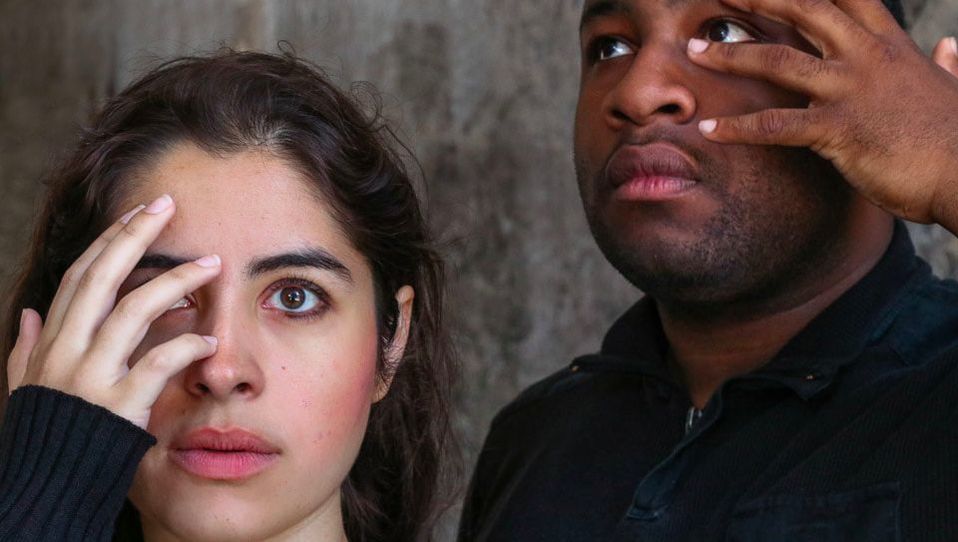
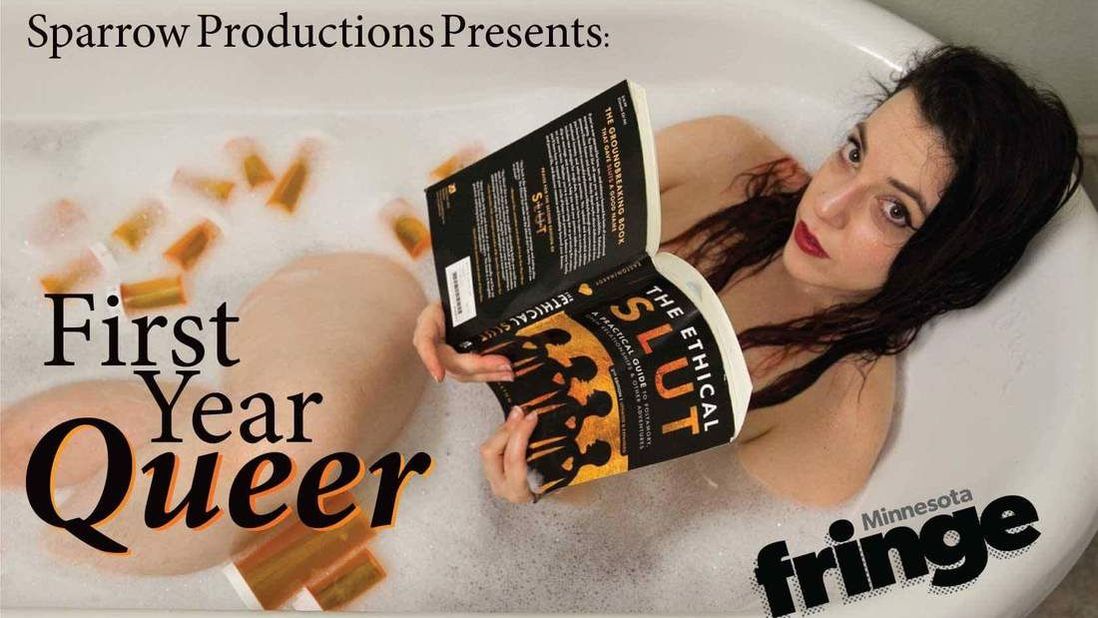
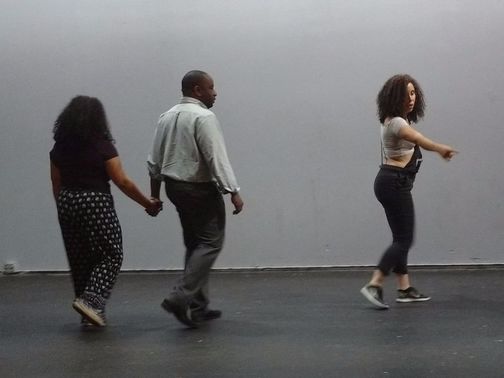
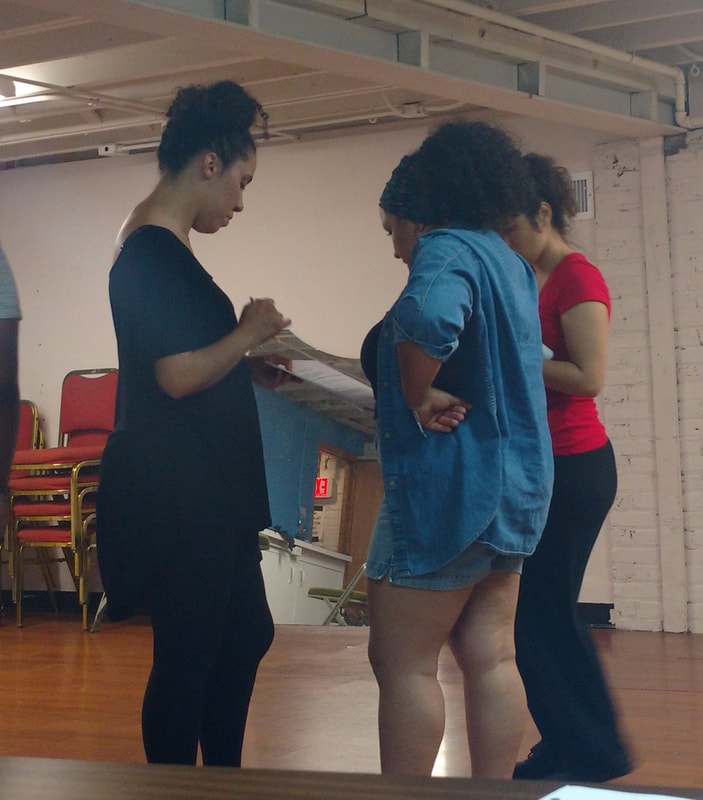
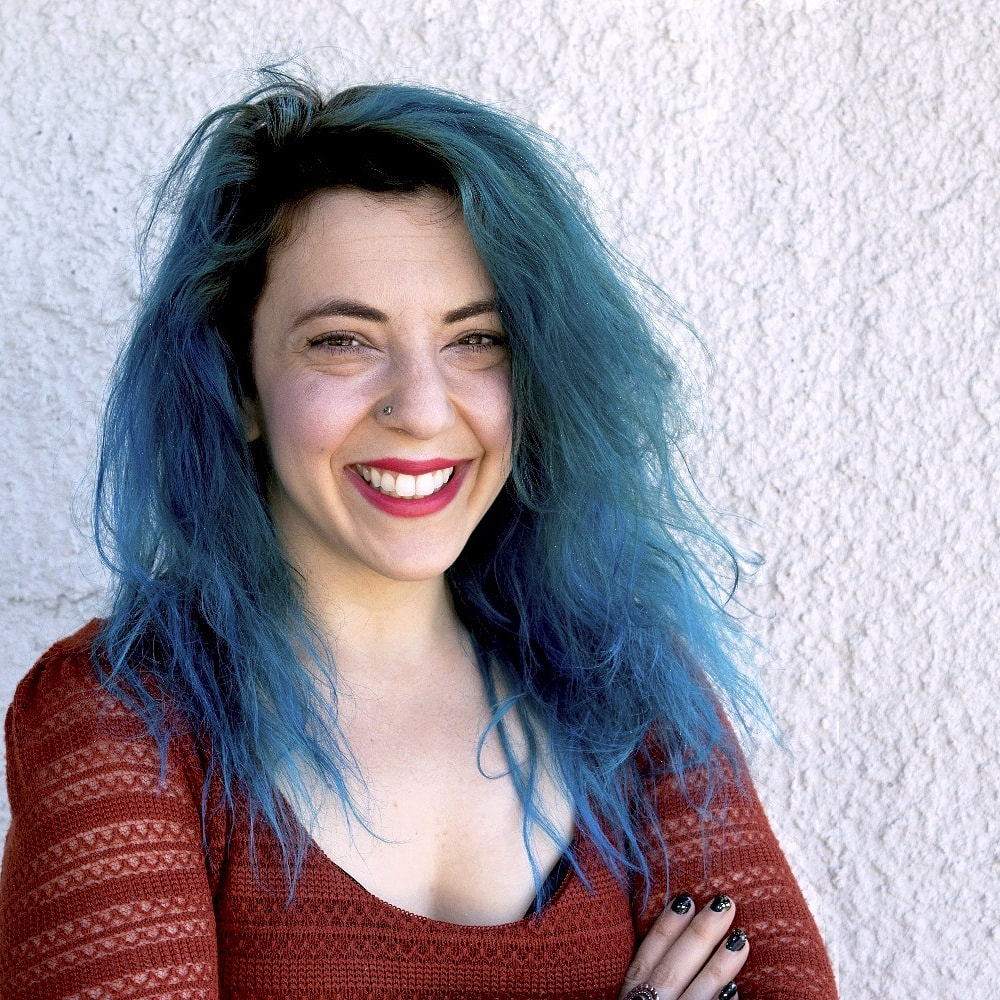
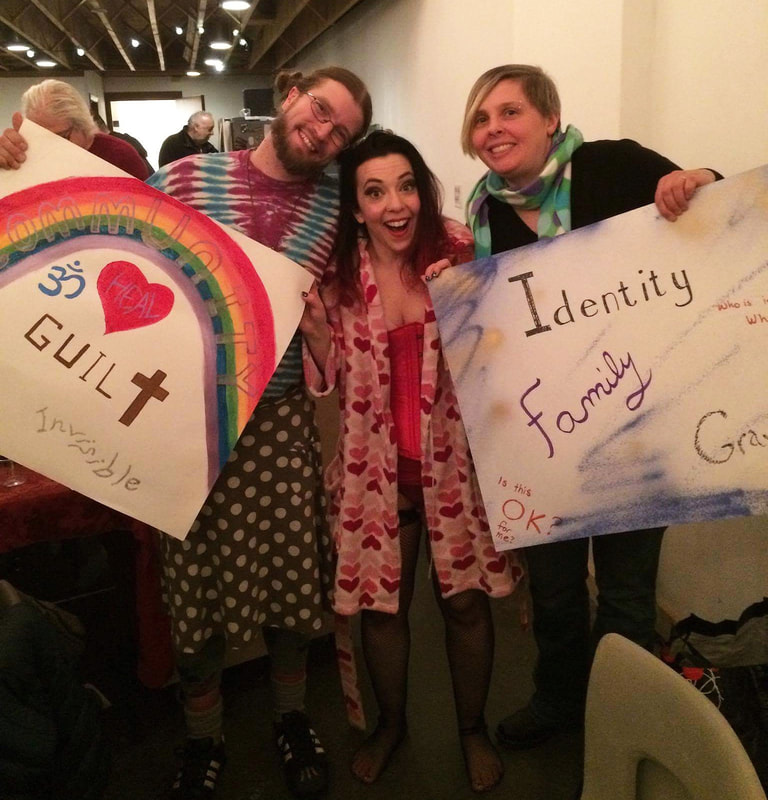

 RSS Feed
RSS Feed
